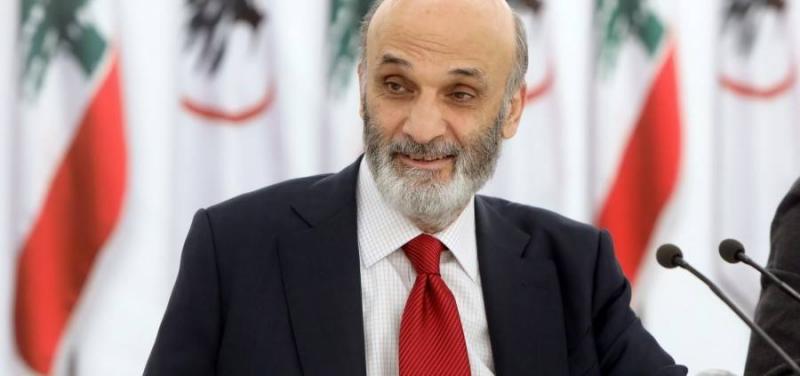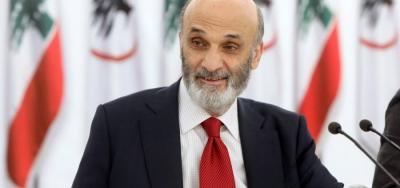The head of the Lebanese Forces party, Samir Jaajar, confirmed that "the idea of a unified opposition front arose due to the numerous active entities opposing the authority, in addition to the ongoing deterioration of the country and the people every day." He pointed out that the party has discussed on several occasions the idea of forming a unified front that has enough maneuvering space to create a breakthrough in the political scene and to determine the precise objectives of this front, focusing mainly on early parliamentary and presidential elections.
Concerning early presidential elections, Jaajar explained to "L'Orient Le Jour" that if President Michel Aoun resigns or his term ends in one way or another, the current parliamentary majority will elect a successor similar to Aoun. Therefore, the upcoming presidential elections would be futile, and the only way to achieve a breakthrough is to resort to early parliamentary elections. Given the current popular will, a significant breakthrough must be achieved to produce a new parliamentary majority. He added, "After that, early presidential elections should be conducted following the legislative elections. I would like to point out that the outcome of the elections will depend on the current electoral law but, above all, on the popular will. The current formula (based on limited proportional representation) is the best in several decades, as it ensures good representation. On this basis, we have made contacts to form an opposition front and continue to do so. However, we are facing significant obstacles."
In response to the nature of the relationship with the Future Movement, the Progressive Socialist Party, and the Kataeb, the main opponents of the current regime, Jaajar clarified that "the head of the Future Movement and the designated Prime Minister, Saad Hariri, has a completely different approach than ours. He is still convinced that it is possible to form a rescue government with the current ruling majority. Meanwhile, with this majority, particularly the alliance between Aoun and Hezbollah, nothing can be achieved. On his part, the leader of the Progressive Socialist Party, Walid Jumblatt, seems close to Hariri's position, although some of his stances and statements align with our vision. As for the Kataeb, there is no problem with them, but party leader Sami Gemayel has a personal stance; he refuses any cooperation with the Lebanese Forces. He concluded, "I remind all who accuse us of reaping popular and political benefits from the protest movement that we were the first to demand the formation of a government of specialists; in any case, our communications with the components of the protest movement have never ceased."
The formation of the government in Lebanon has been stumbling since the exacerbation of the political crisis following the explosion at the Port of Beirut on August 4, which pushed the current caretaker government, headed by Hassan Diab, to resign.




